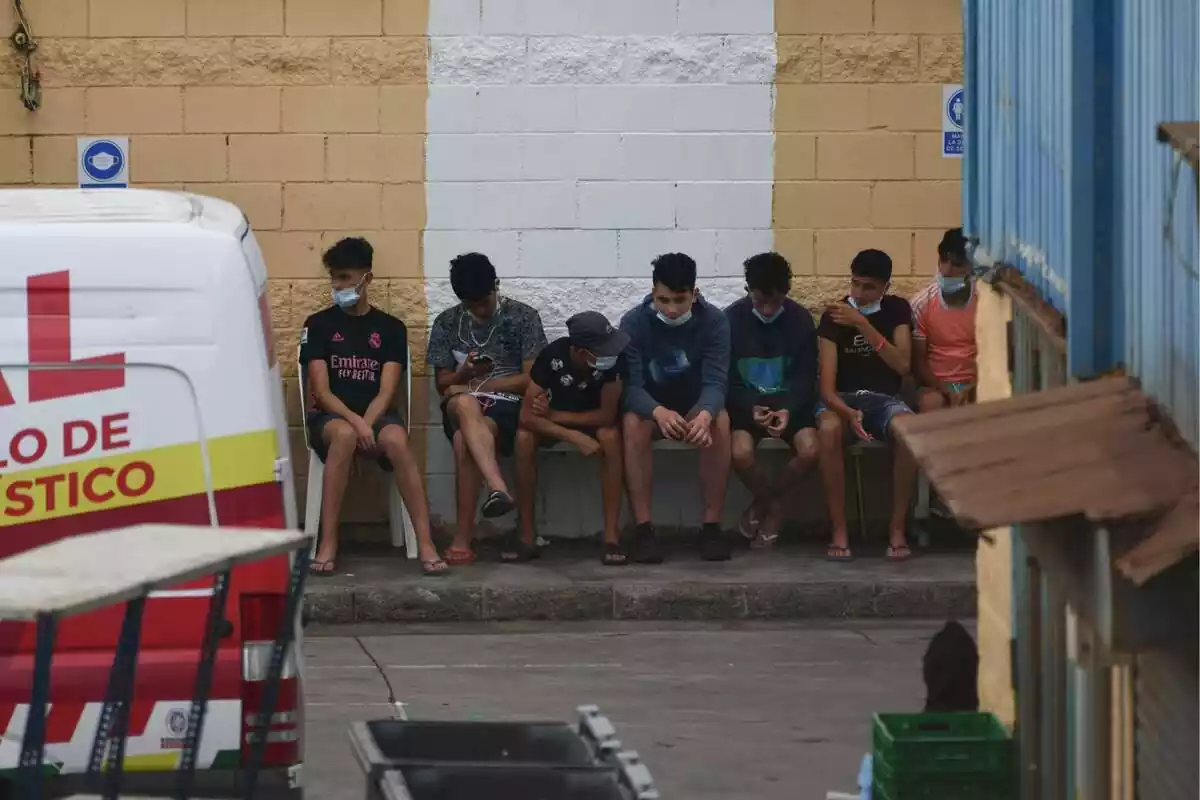
Interior Counts More Than 4,000 Former Wards Without Work in Spain, and There Could Be More
Employment insertion data are far from those shown these days
Catalan public and subsidized media have filled front pages these days with a surprising claim. 89% of young people who were formerly under guardianship work, study, or do both. This data is complemented by other triumphalist figures that help establish the idea of the socio-labor reintegration of these young people.

This reality can't be verified because the Directorate General for Adolescence and Childhood (DGAIA) of the Generalitat doesn't provide data in this regard. Precisely for this reason, a study was commissioned from a research group at the Autonomous University of Barcelona. This study, and a private survey by FEPA, are the sources from which the mentioned figures come.
These are reports prepared based on surveys of a part of the group, and therefore do not reflect the entirety. Since the Generalitat doesn't provide data, one must refer to the latest ministry report, dated December 31, 2023.
How Many Formerly Under Guardianship Work in Spain
The Ministry of the Interior published its latest report in 2024 on unaccompanied minors and young people formerly under guardianship with residency status. According to this data, 8,661 of these young people are registered with social security and have worked at least one day. On the contrary, there are 4,260 who do not work.
This means that 67% have managed to enter the labor market with more or less success, while 33% have not. These are indicative figures, considering that they encompass the entire state and not just Catalonia. But in this case, they are official data on the entirety of the group, and they are far from the 90% published these days.
It should be noted that the 67% are young people who have worked at least one day, which doesn't mean they are currently working. The figure could be higher.
The report also shows a positive evolution over the years. The percentage of formerly under guardianship migrant youth who manage to work is increasing year by year, which means that social services are doing a good job.
Although the statistics also show another reality. Despite the administration's efforts to help these young people after they turn 18, there is still a significant portion that remains in a situation of marginalization or poverty. This highlights the need for controlled immigration considering unlimited resources.
Debate on Unaccompanied Minors
The Ministry's report also highlights the media's willingness to force an image of the group that serves their narrative. The reality is more complex. Catalonia received a number of minors far above what its resources can cover, which generates an evident economic and social imbalance.
Those who have pointed out the need to limit the arrival of unaccompanied minors have been publicly stigmatized. Public and subsidized media appeal to surveys and studies without showing the entirety of the problem. The Ministry's report offers a more realistic view for a more rigorous debate.
More posts: